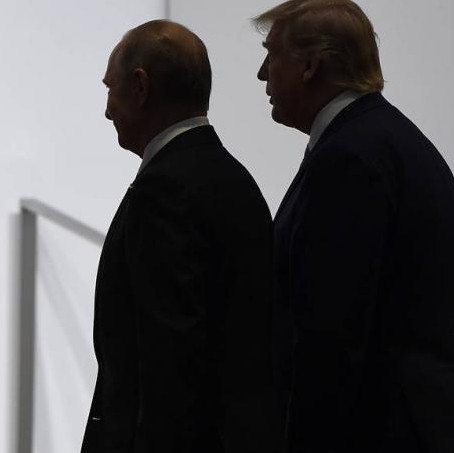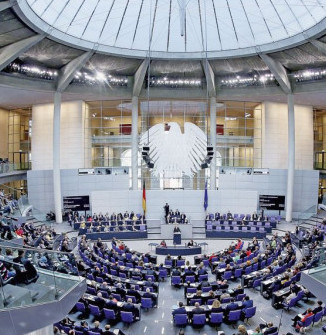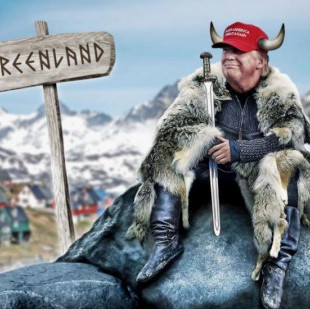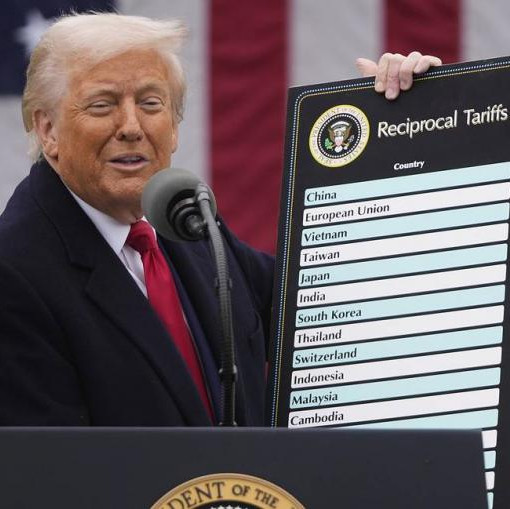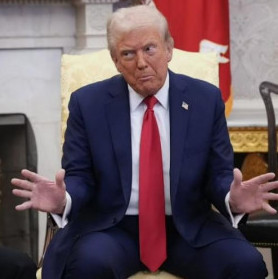November 15 talks with US President Joe Biden saw Chinese President Xi Jinping appear quite wary of traditional US claims in the political realm, anonymous American media sources report. The Chinese have long been familiar with Washington’s "favorite tune about the big question". However, Xi was eloquent when it came to outlining Chinese claims and wishes that, as Xinhua news agency says, were generally economic in character.
The Chinese leader demanded that Joe Biden lift sanctions and change export control policies for sensitive equipment. "Stifling China's technological progress is nothing but a move to contain China's high-quality development and deprive the Chinese people of their right to development," Xinhua quotes the country's leader as saying.
In response, Biden showed no signs of willing to embrace this kind of moves (although a day before, Bloomberg was confident of US easing certain restrictions, including access to technology in exchange for Beijing's pressure on its fentanyl producers). Later, US Secretary of Commerce Gina Raimondo clarified her country’s stance on the issue to her Chinese counterpart Wang Wentao, saying that sanctions were brought about by national security concerns, and did not seek curbing China’s economic growth. Protecting a country’s interests cannot be up for discussion, she stressed, with export restrictions being imposed to this end alone.
Meanwhile, sanctions agenda in high-tech has been gaining momentum. New steps in this sphere are aimed to deny the PRC's access to the production of cutting-edge microcircuits or ability to buy those. Thus, a month before the US-Chinese summit, Washington banned the sale of chips that America’s Nvidia company specifically developed for exports to China (the A800 and H800 lines). Those were "bobtailed" versions of the A100 and H100 chips, whose exports was banned a year ago. Besides, new rules stipulate that the company receive special supply permission. In addition, all the US exporters will have to report on shipments of any computing accelerators to China, even if they do not fall within the ban, as the US government reserves the right to block any shipment if deemed as a threat to its national security.
Now that a 7-nm processor was "exposed" in Huawei’s new Mate 60 Pro smartphone, a new round of confrontation is looming. Its appearance implies that, despite restrictions imposed earlier, the giant managed to launch production at the Semiconductor Manufacturing International Corp. (SMIC), while the United States was sure nothing of the kind would occur in the PRC for years to come. Moreover, a number of American media outlets reported SMIC’s intent to switch to a 5-nm process technology. US congressmen suspect it of violating sanctions against Huawei and call for inquiry.
Notably, Huawei and SMIC have been blacklisted by the US Department of Commerce in 2019 and 2020 respectively as potential national security threats. And Brother Johnathan is really concerned that the Chinese companies have been somehow provided with banned equipment, let alone access to software required to make it work.
China has given as good as it gets. Following the US restrictions on supplies of high-tech chips and relevant equipment to the PRC imposed in October 2022, the Chinese authorities retaliated with closing the door on US major chip manufacturer Micron Technology’s sales to local operators. And August 1, 2023 saw gallium and germanium exports restrictions, as these rare earth materials are used to produce chips, among other things (China controls 60 to 85 percent of the global rare earth metals market).
Also, the US and Chinese leaders came up with no comments on the currency wars, an issue that Washington used to actively promote just a while ago. What's interesting is that the yuan has reached a minimum against the dollar since 2008. China's current account surplus in its trade with the United States has reached an all-time high or is approaching it, which this cannot but worry the United States.
At the event’s closing dinner, Xi Jinping talked to corporation CEOs about the further operation capabilities but received no specific guarantees. Bloomberg claims the party was attended by major US businessmen such as Apple’s Tim Cook, BlackRock and Blackstone investment companies’ heads Larry Fink and Stephen Schwartzman, and Elon Musk of Tesla.
It can be stated that US and Chinese heads of state, having agreed on a number of military-political issues, failed to reach any specific economic or investment policy decisions as their meeting provided no answer to Xi Jinping's question as to whether the two nations should be considered friends or geopolitical rivals. Whether China has really achieved anything or not is only going to be seen pursuant to the United States’ further steps. If these are meant to ease sanctions or waive duties, some kind of warming is possible all in all. For right now, the meeting has fixed the inviolability of Washington’s stance instead.

